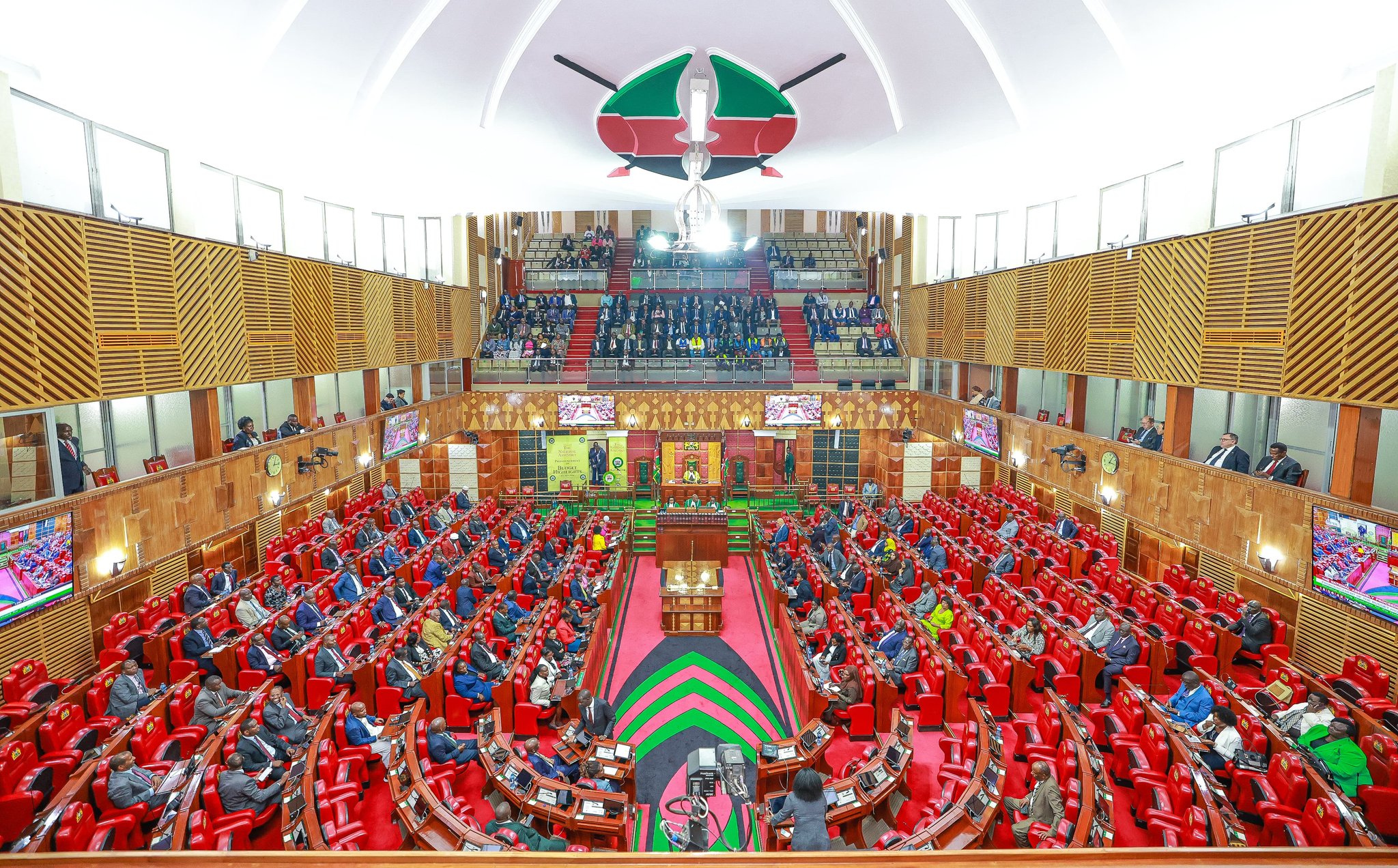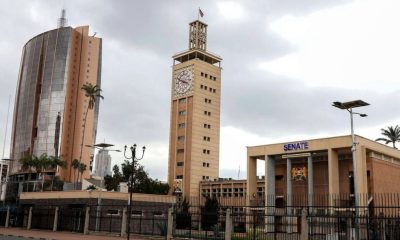Economy
National Assembly Passes Finance Bill 2025
The bill which is expected to raise Sh24 billion now awaits assent by President William Ruto.

NAIROBI, Kenya Jun 19 – Kenyans can breathe a sigh of relief as the National Assembly passed the Finance Bill 2025 after stripping the proposal allowing the Kenya Revenue Authority (KRA) unfettered access to customer records.
The bill which is expected to raise Sh24 billion now awaits assent by President William Ruto.
The house approved the amendments by the Finance and Planning committee chaired by Molo Member of Parliament Kimani Kuria which rejected KRA’s proposal for unrestricted access to personal data for tax compliance, arguing that it violates Article 31(c) and (d) of the Constitution, which guarantees the rights to privacy.
The committee had argued that Section 60 of the Tax Procedures Act already provides sufficient authority for data access through judicial warrants.
The lawmakers also rejected the expansion of the PAYE tax bands to 10 per cent, 17.5 per cent, 25 per cent, 27.5 per cent and 30 per cent, which would have empowered the Treasury Cabinet Secretary to adjust rates by up to 10 per cent every three years for inflation.
The House also rejected Treasury’s proposal to reclassify certain commodities from zero-rated to exempt status, instead maintaining zero-rated status for locally assembled mobile phones, motorcycles, electric bicycles, solar batteries, electric buses, animal feed inputs, and bioethanol vapor stoves.
For the cooperative incentives, the MPs rejected the elimination of the 15 per cent corporate tax rate for companies engaged in local motor vehicle assembly and construction of at least 100 residential housing units.
MPs retained the Sh500 excise duty per litre on Extra Neutral Alcohol (ENA) for licensed spirituous beverage manufacturers, providing relief to manufacturers already facing increased duties.
Legislators also supported full tax exemption for all pension payments, whether received as lump sums or instalments, creating clarity by repealing redundant provisions.
In the amendements, the house supported expanding the Significant Economic Presence Tax (SEPT) definition to include websites and electronic networks beyond digital marketplaces.
However, they opposed the Sh5 million threshold, arguing it creates revenue leakage loopholes and hinders KRA enforcement.
Kenya Insights allows guest blogging, if you want to be published on Kenya’s most authoritative and accurate blog, have an expose, news TIPS, story angles, human interest stories, drop us an email on [email protected] or via Telegram
-

 News2 weeks ago
News2 weeks agoTHE FIRM IN THE DOCK: How Kaplan and Stratton Became the Most Scrutinised Law Firm in Kenya
-

 Economy2 weeks ago
Economy2 weeks agoIran Demands Arrest, Prosecution Of Kenya’s Cup of Joe Director Director Over Sh2.6 Billion Tea Fraud
-

 Grapevine1 week ago
Grapevine1 week agoA UN Director Based in Nairobi Was Deep in an Intimate Friendship With Epstein — He Even Sent Her a Sex Toy
-

 Business2 weeks ago
Business2 weeks agoKPC IPO Set To Flop Ahead Of Deadline, Here’s The Experts’ Take
-

 Politics2 weeks ago
Politics2 weeks agoPresident Ruto and Uhuru Reportedly Gets In A Heated Argument In A Closed-Door Meeting With Ethiopian PM Abiy Ahmed
-

 Investigations1 week ago
Investigations1 week agoHow Mexico Drug Lord’s Girlfriend Gave Him Away
-

 Business2 weeks ago
Business2 weeks agoSafaricom Faces Avalanche of Lawsuits Over Data Privacy as Acquitted Student Demands Sh200mn Compensation in 48 Hours
-

 Investigations2 weeks ago
Investigations2 weeks agoKenya’s DCI Opens Probe on Russian Man Who Secretly Filmed Sex Escapades With Women — But There’s a Slim Chance They’ll Ever Get Him





























